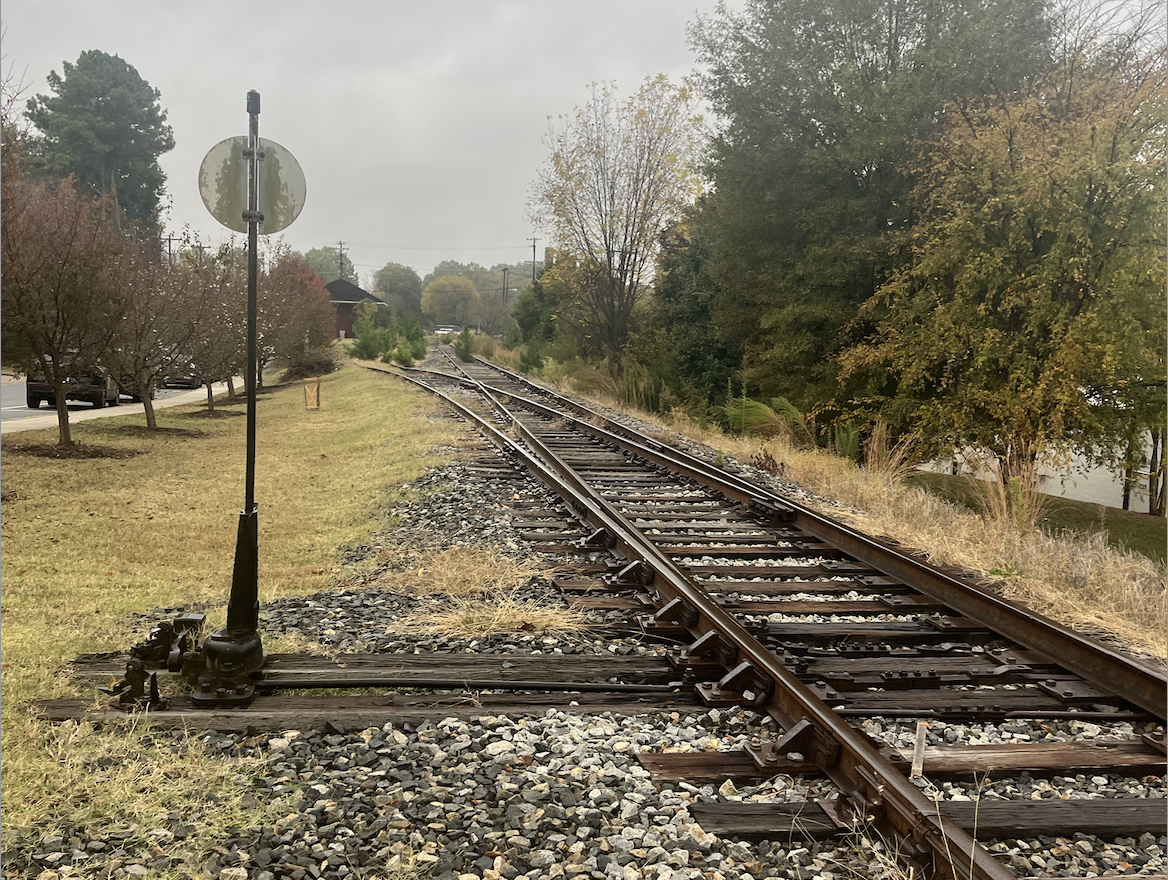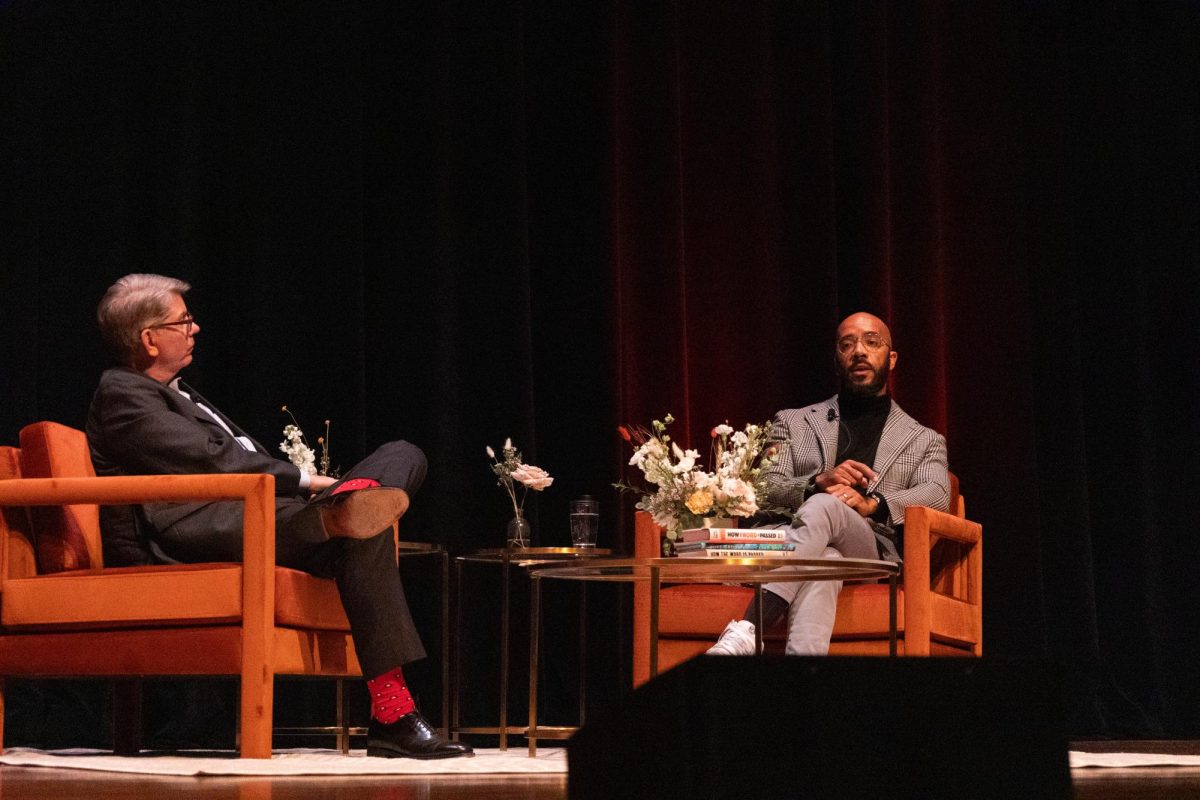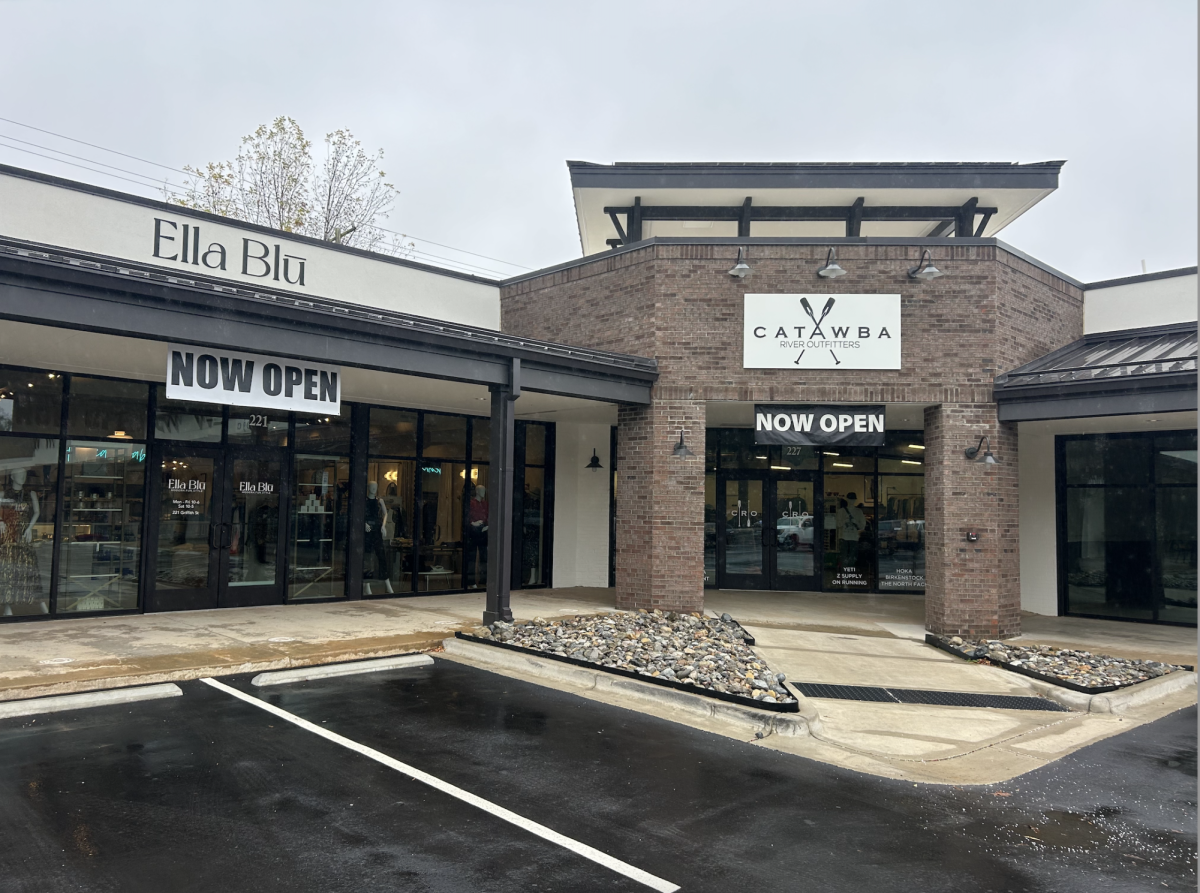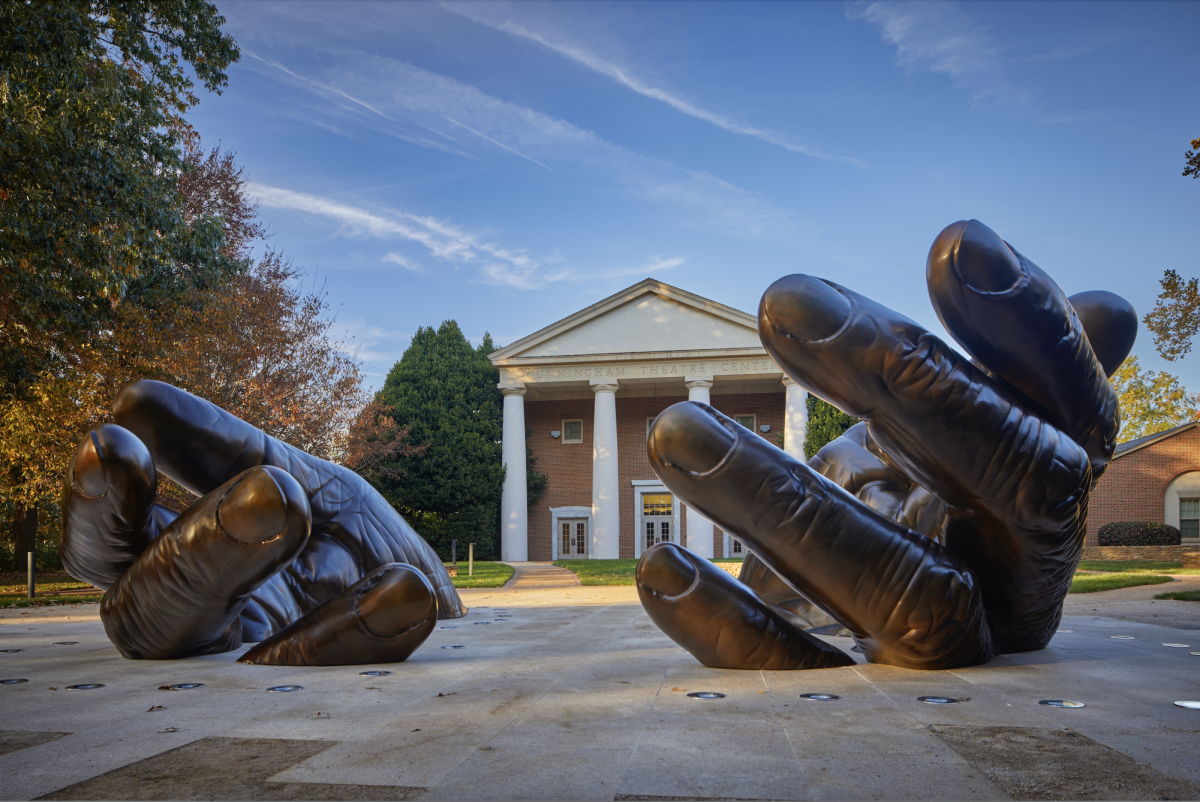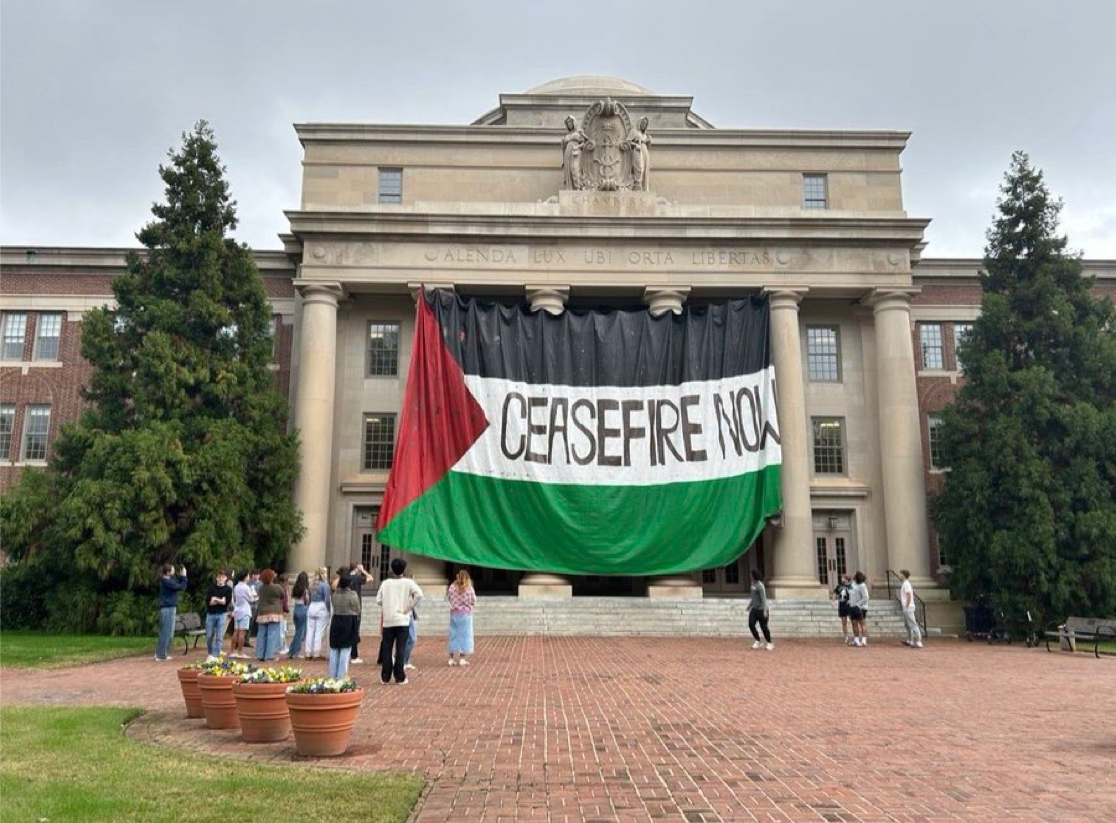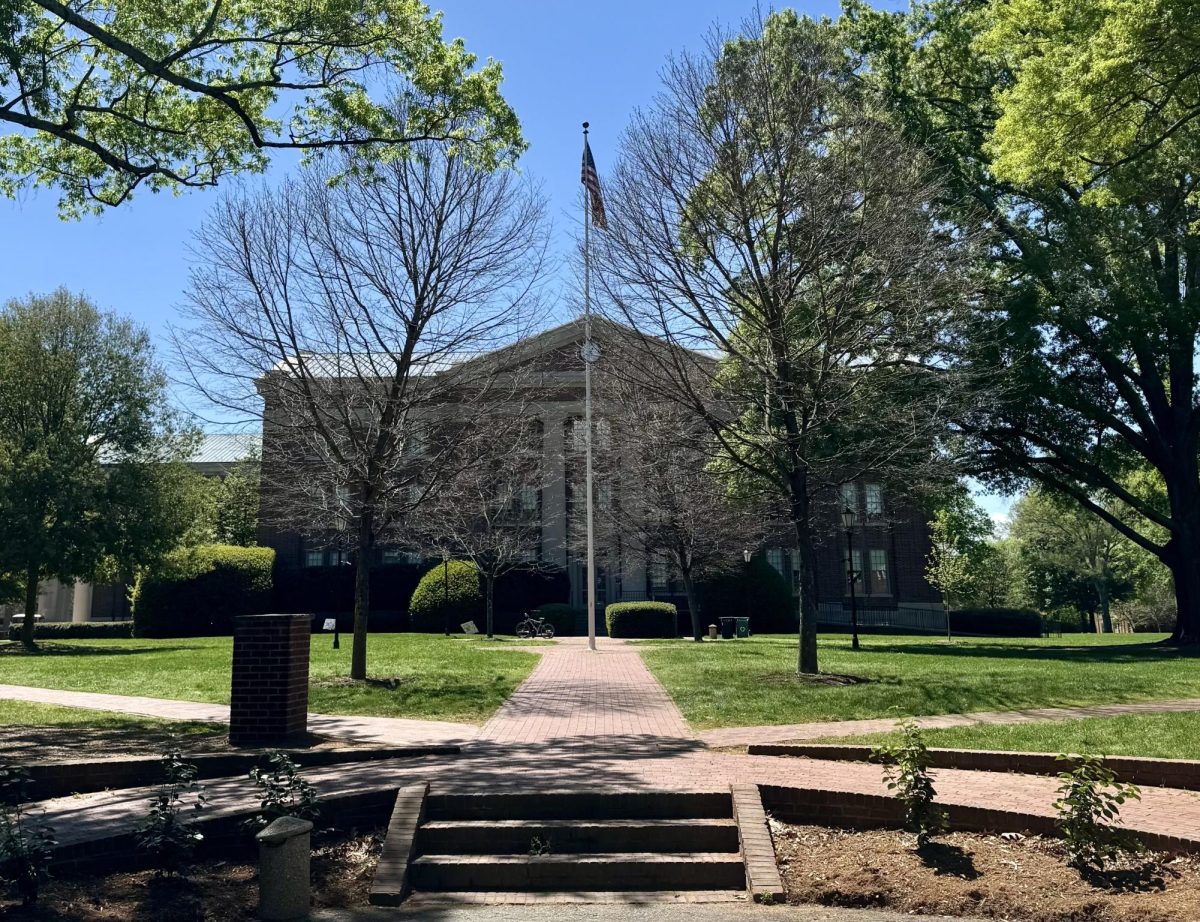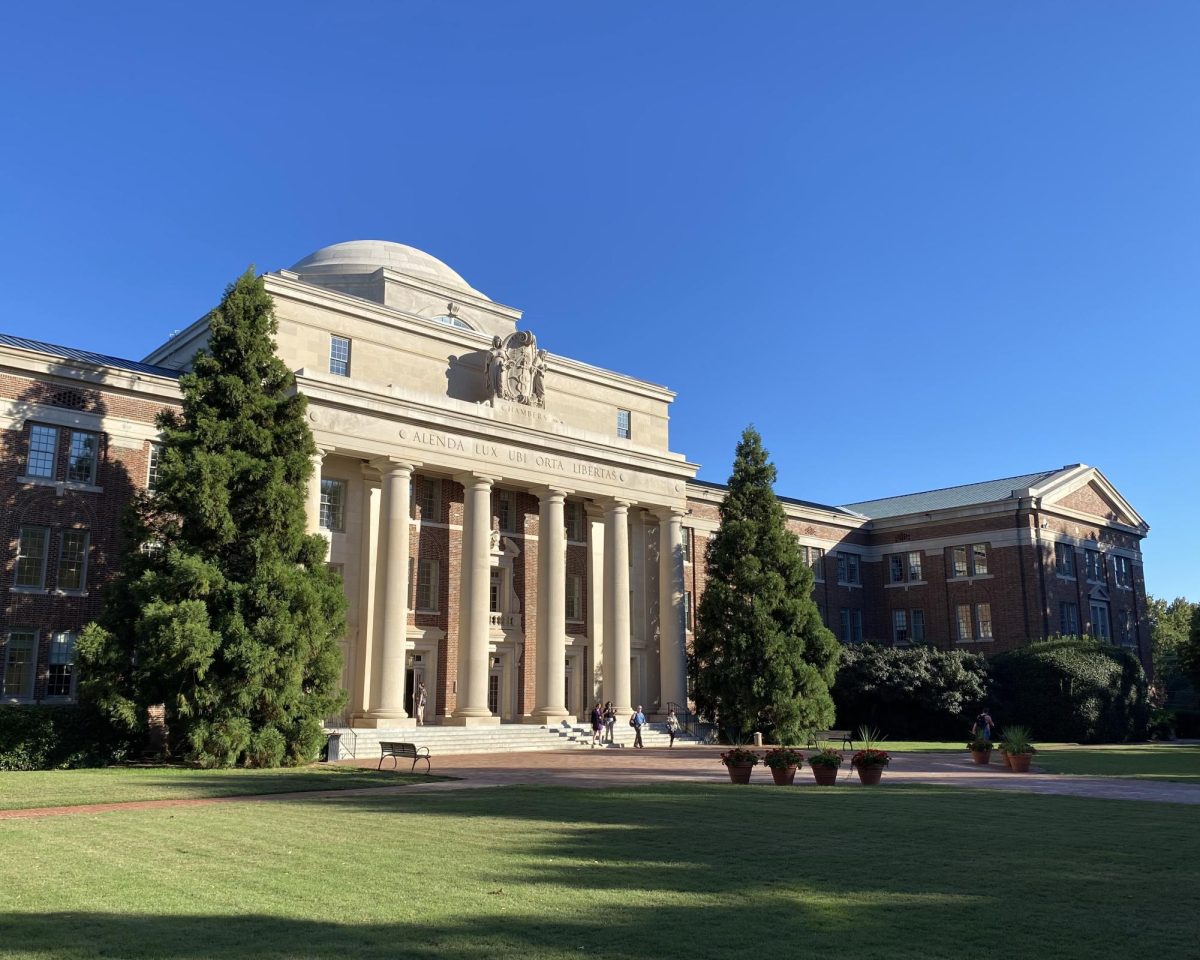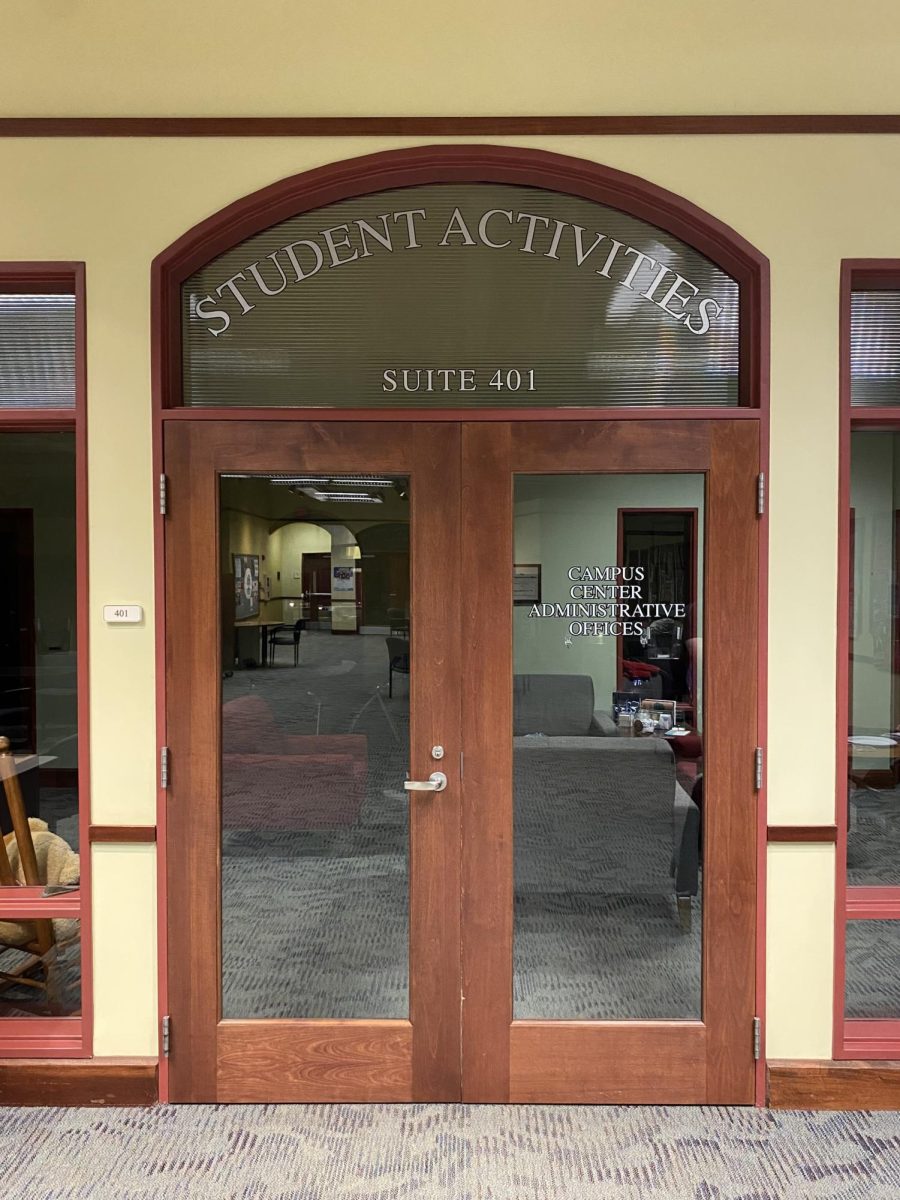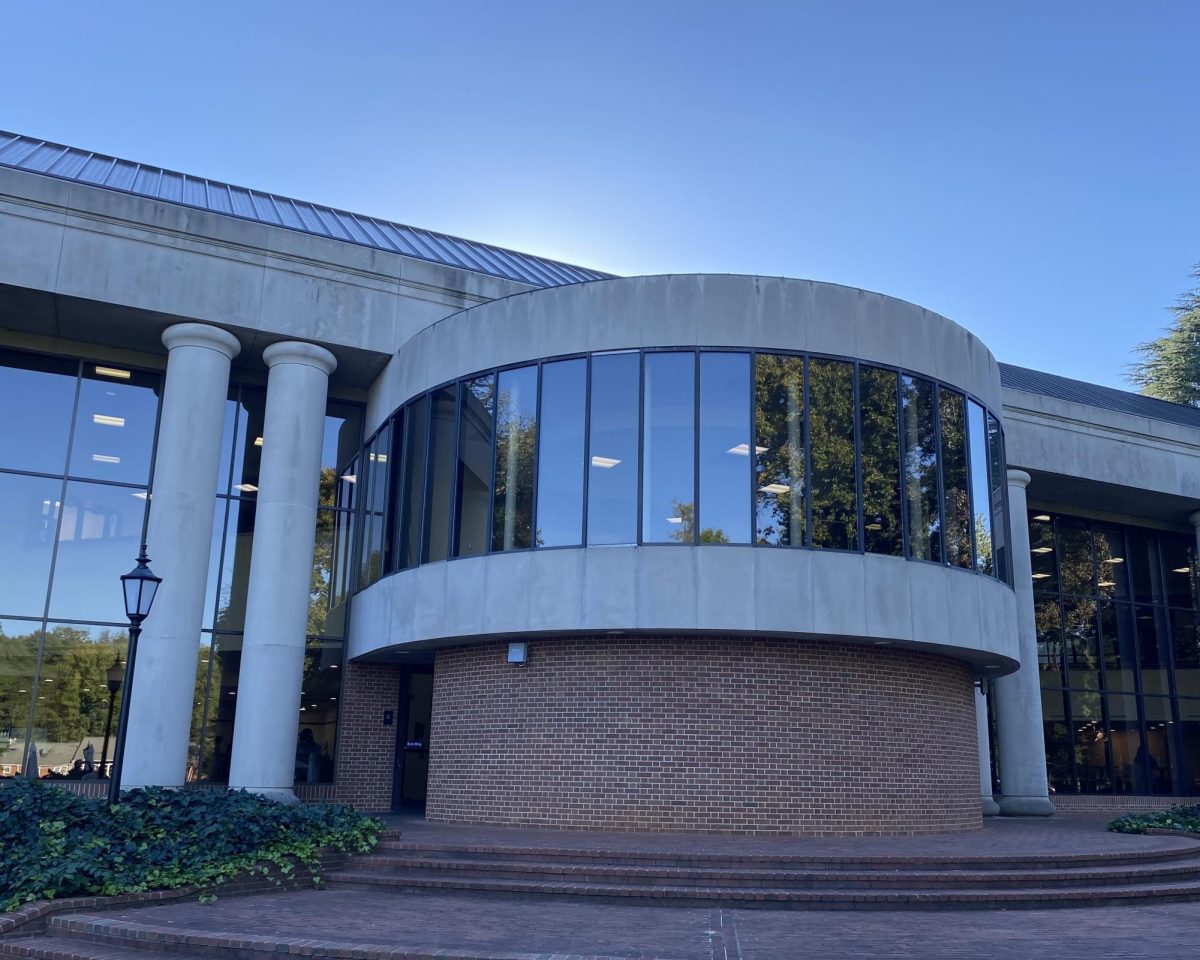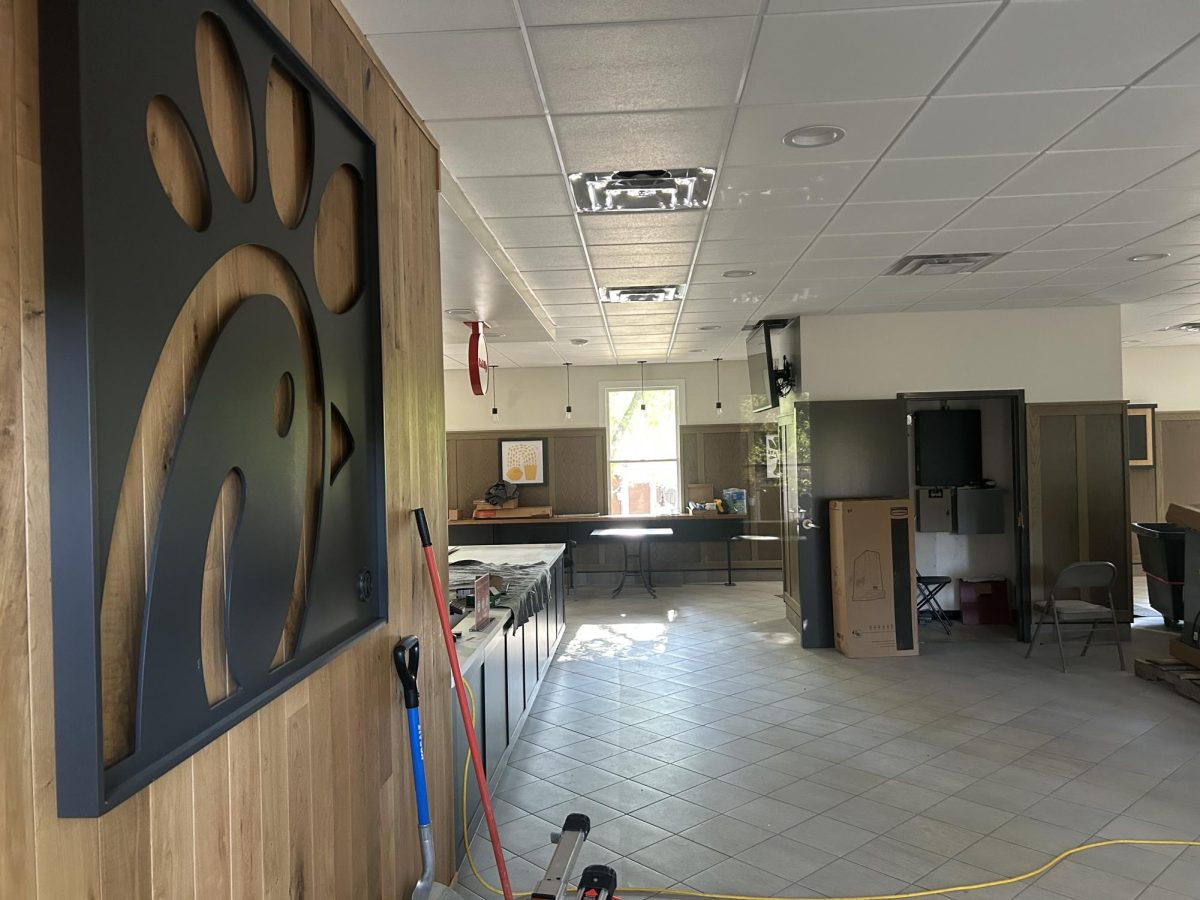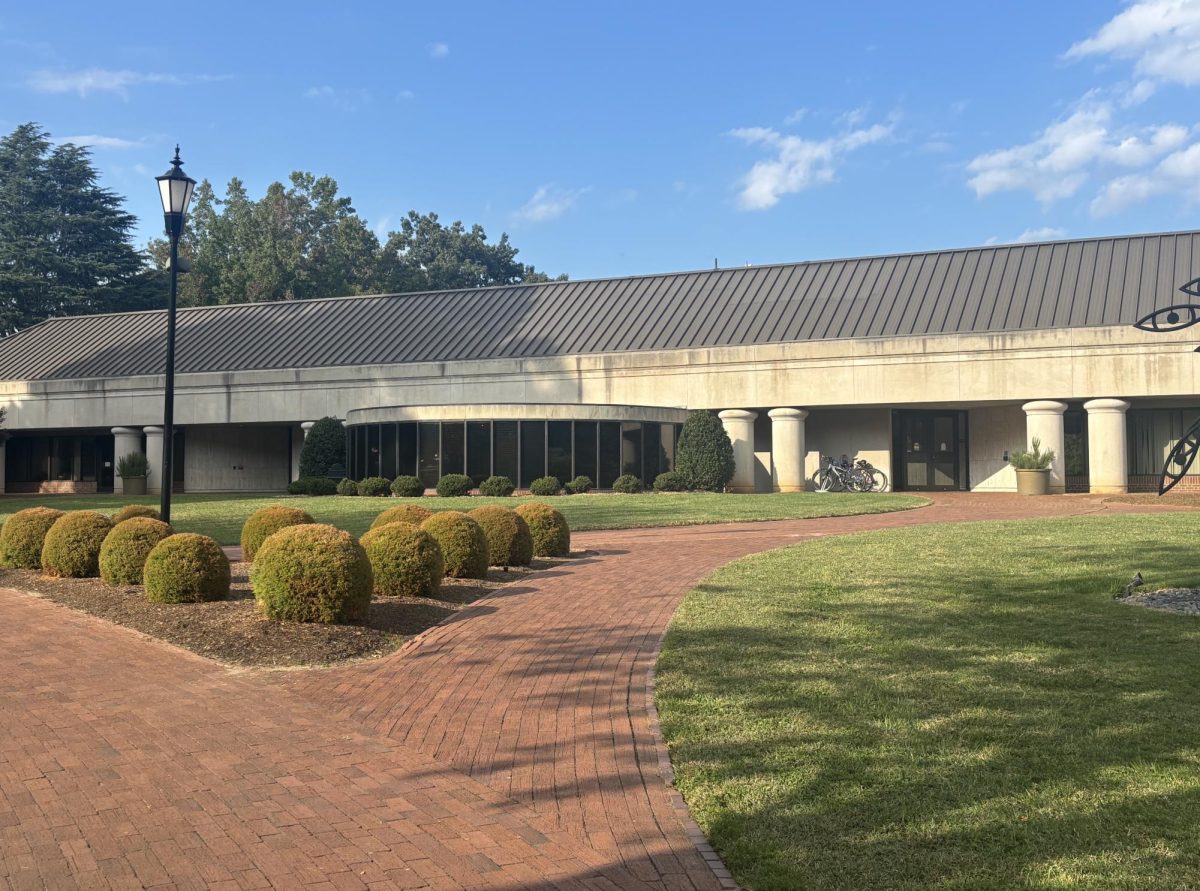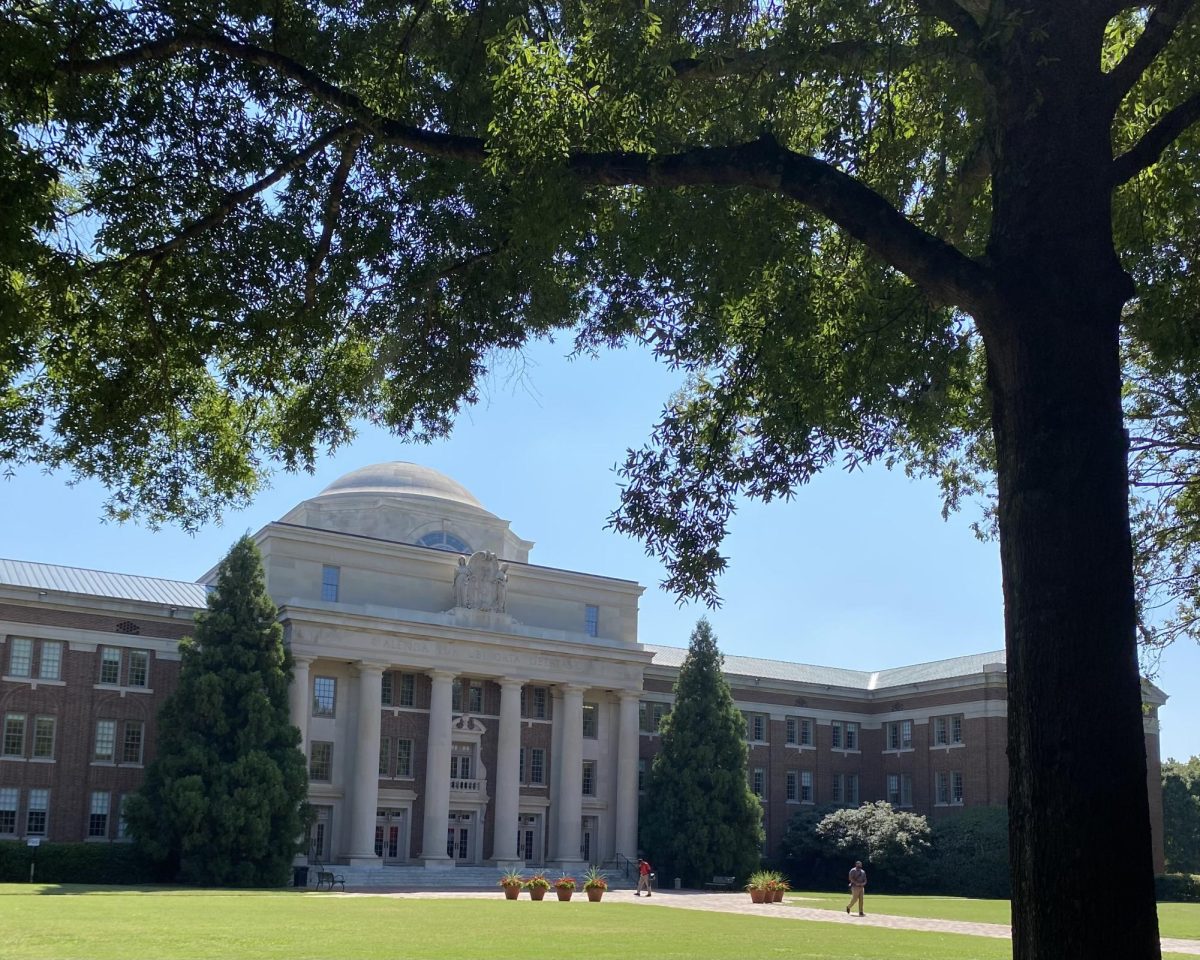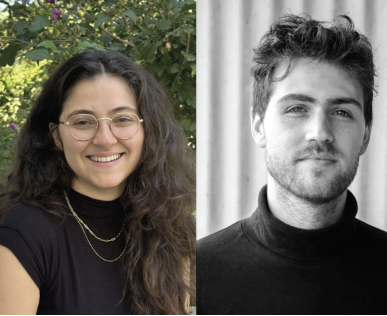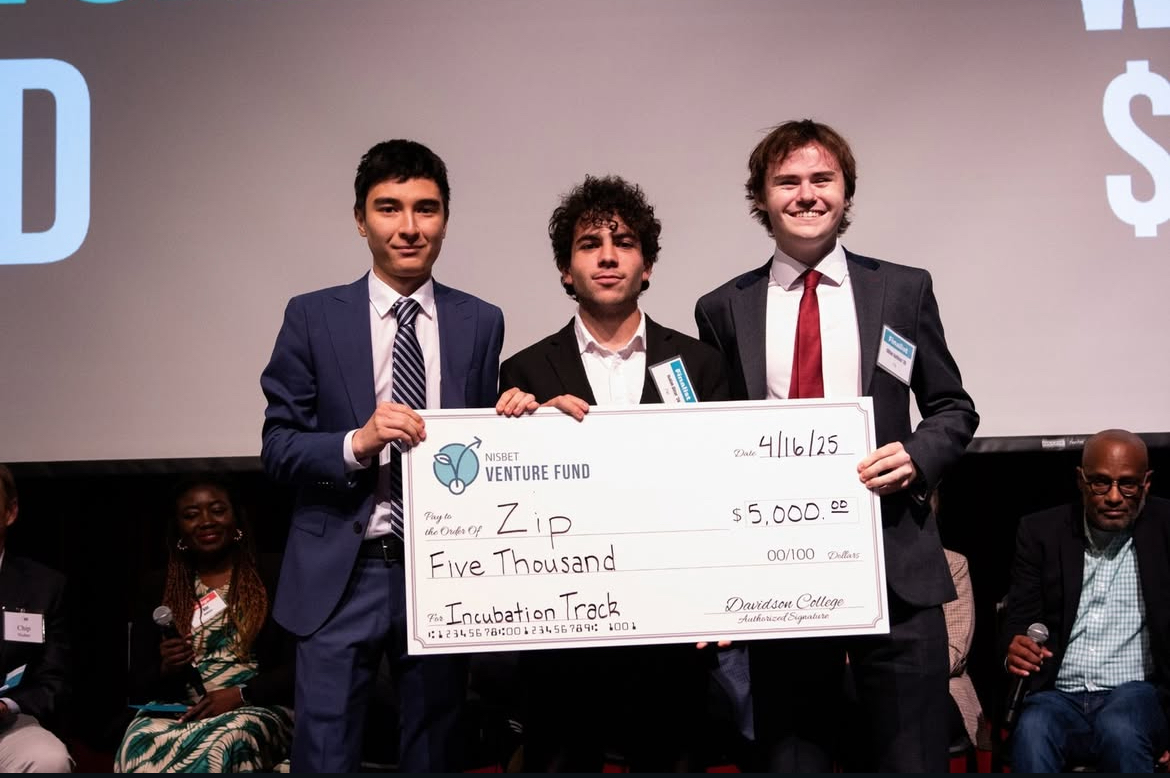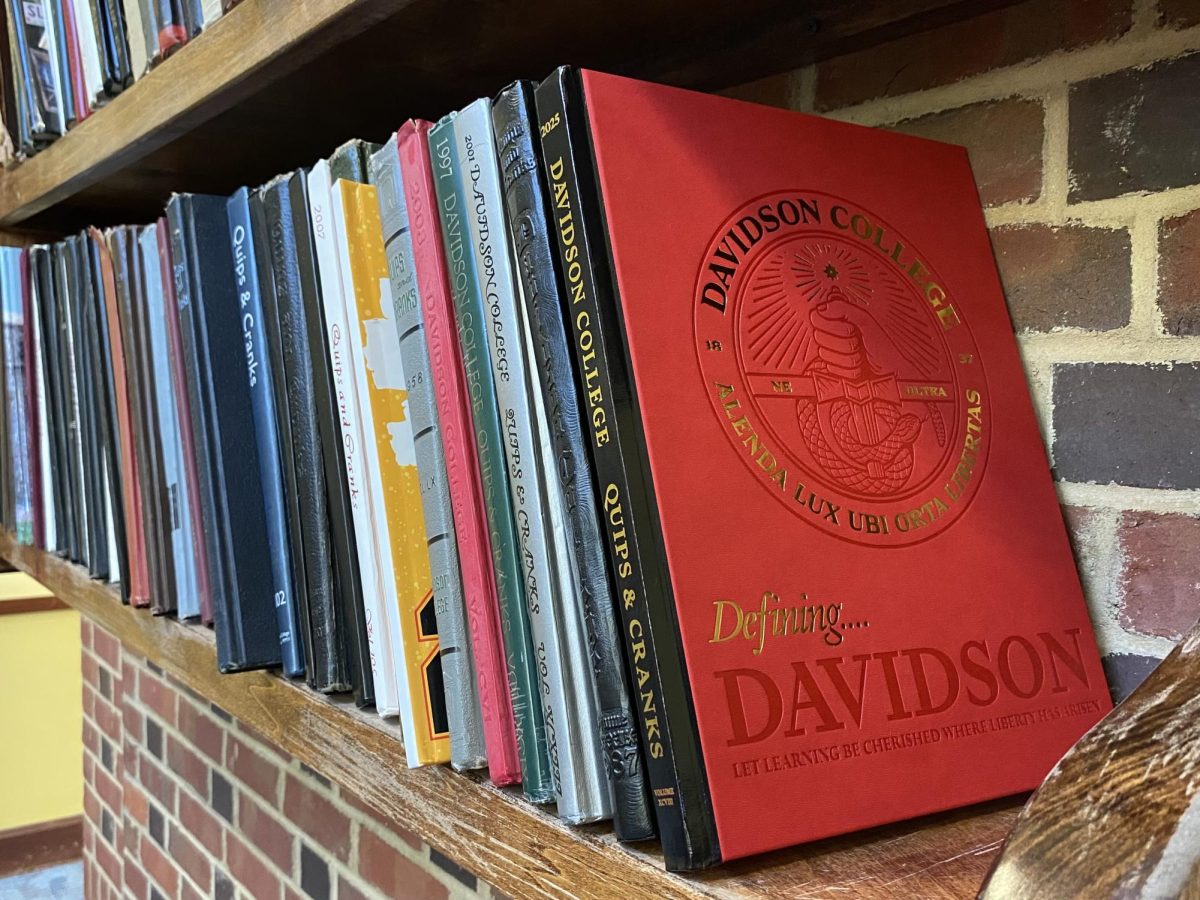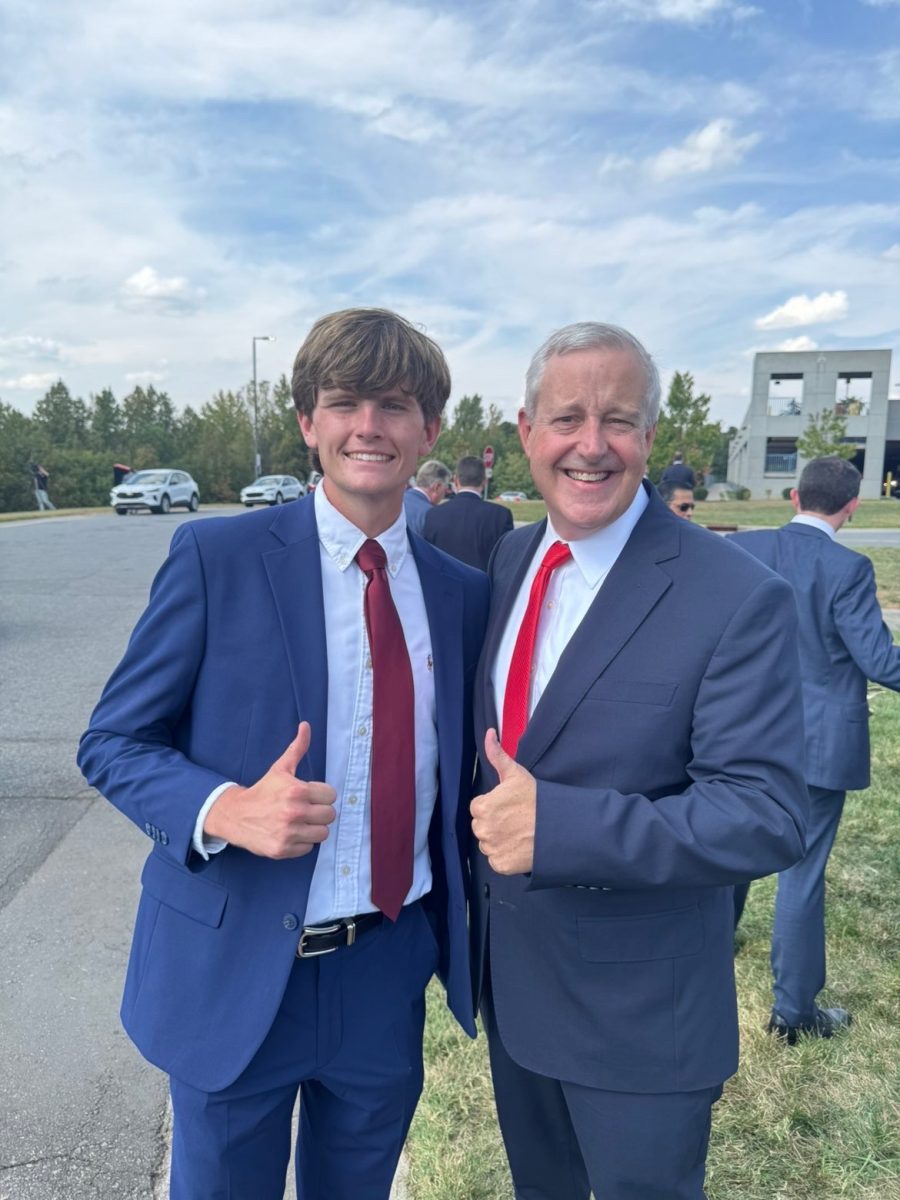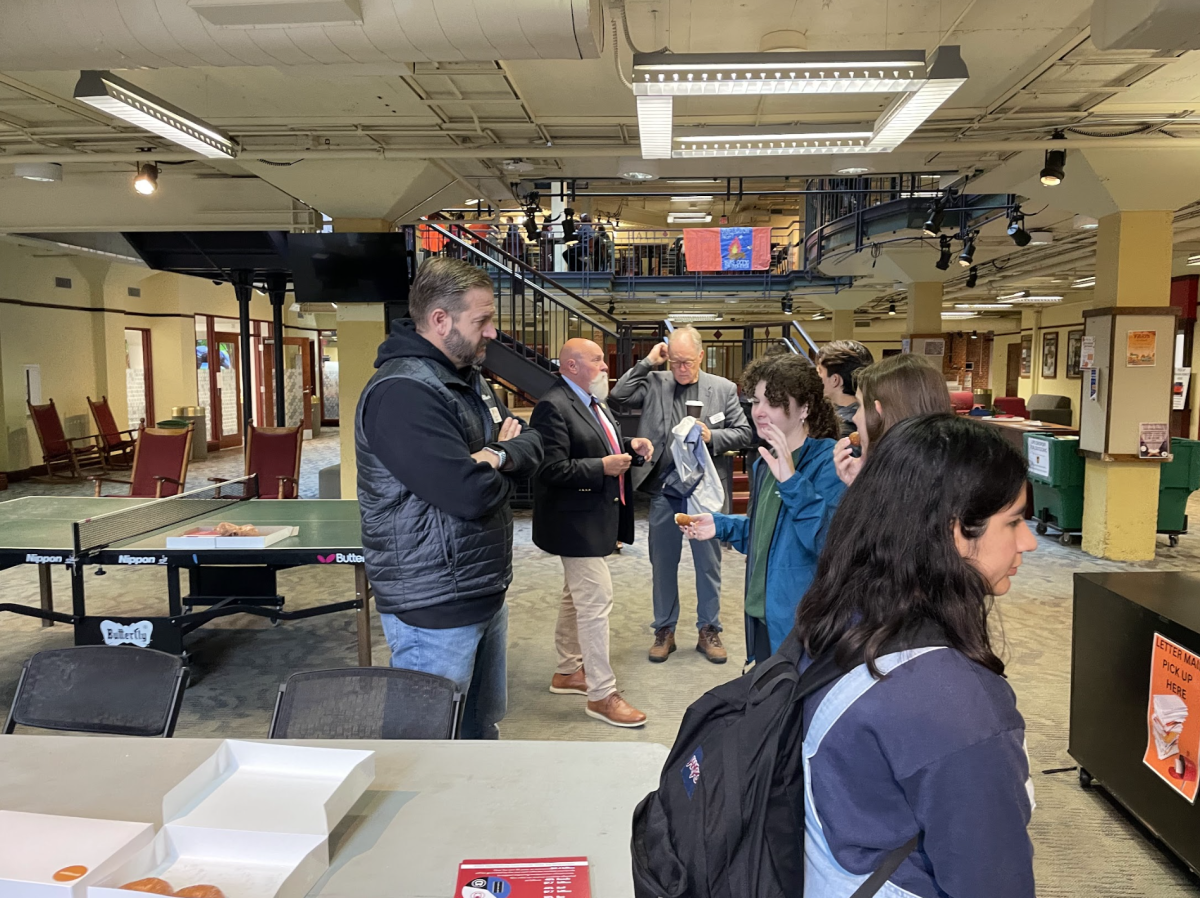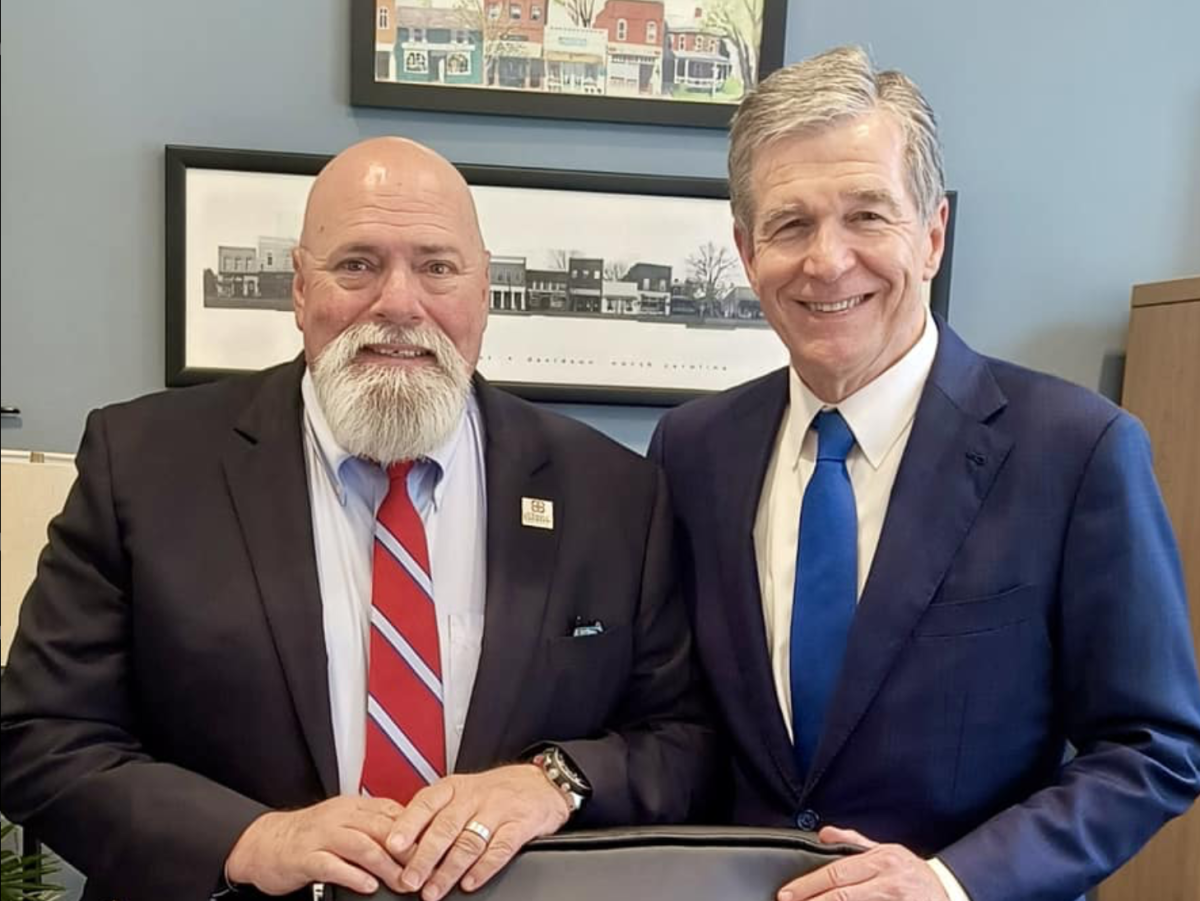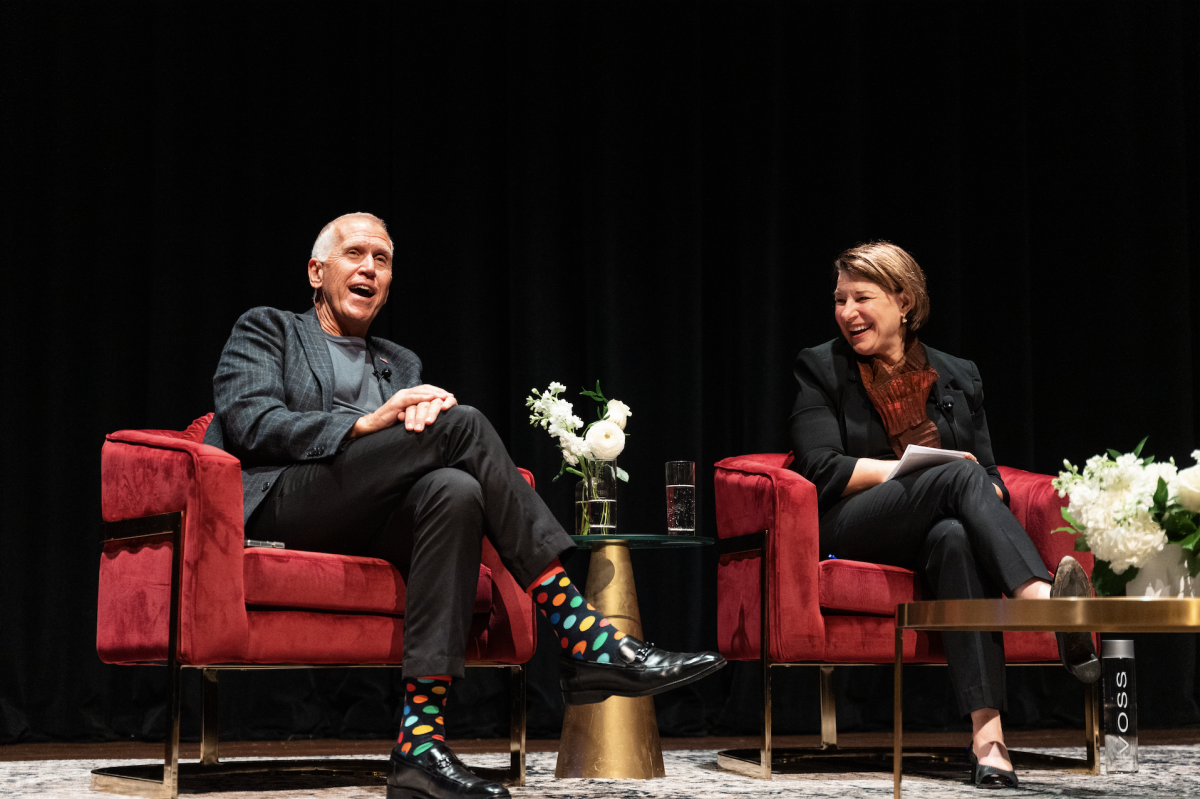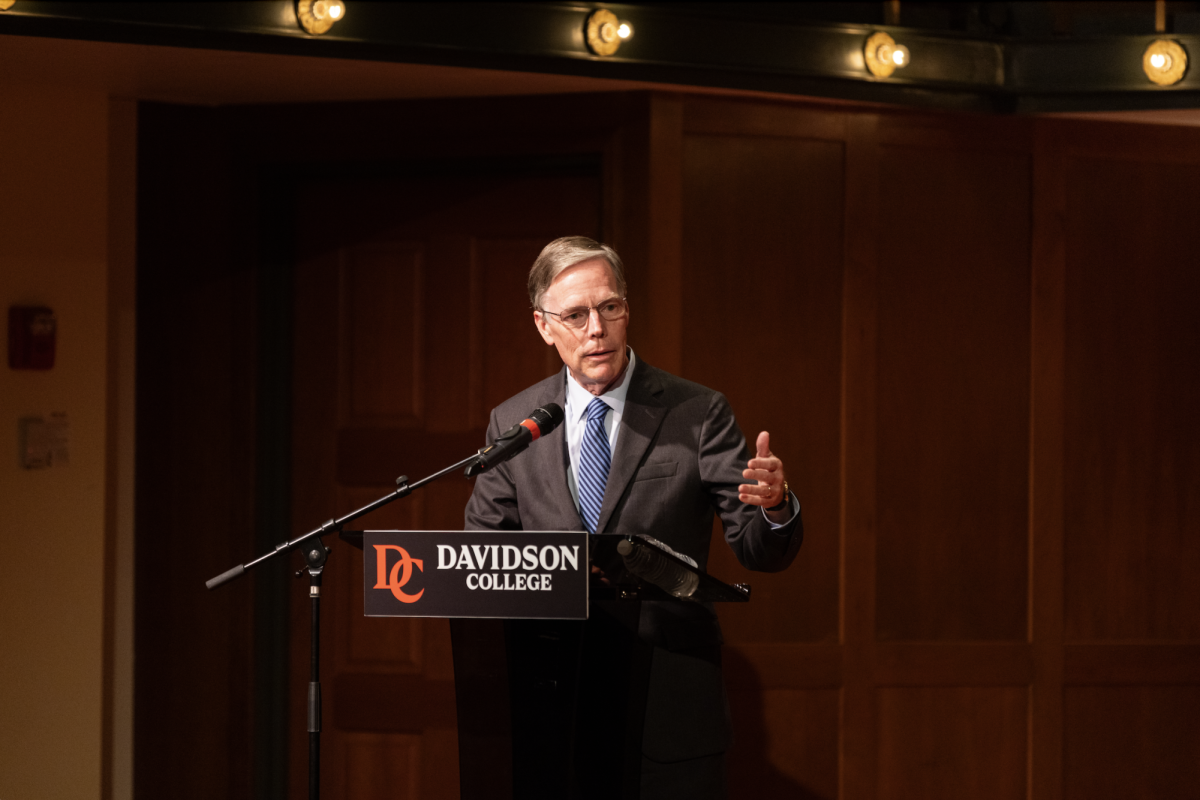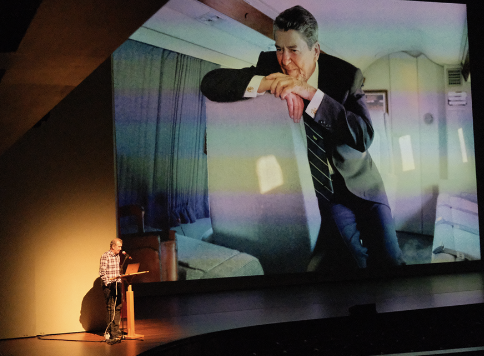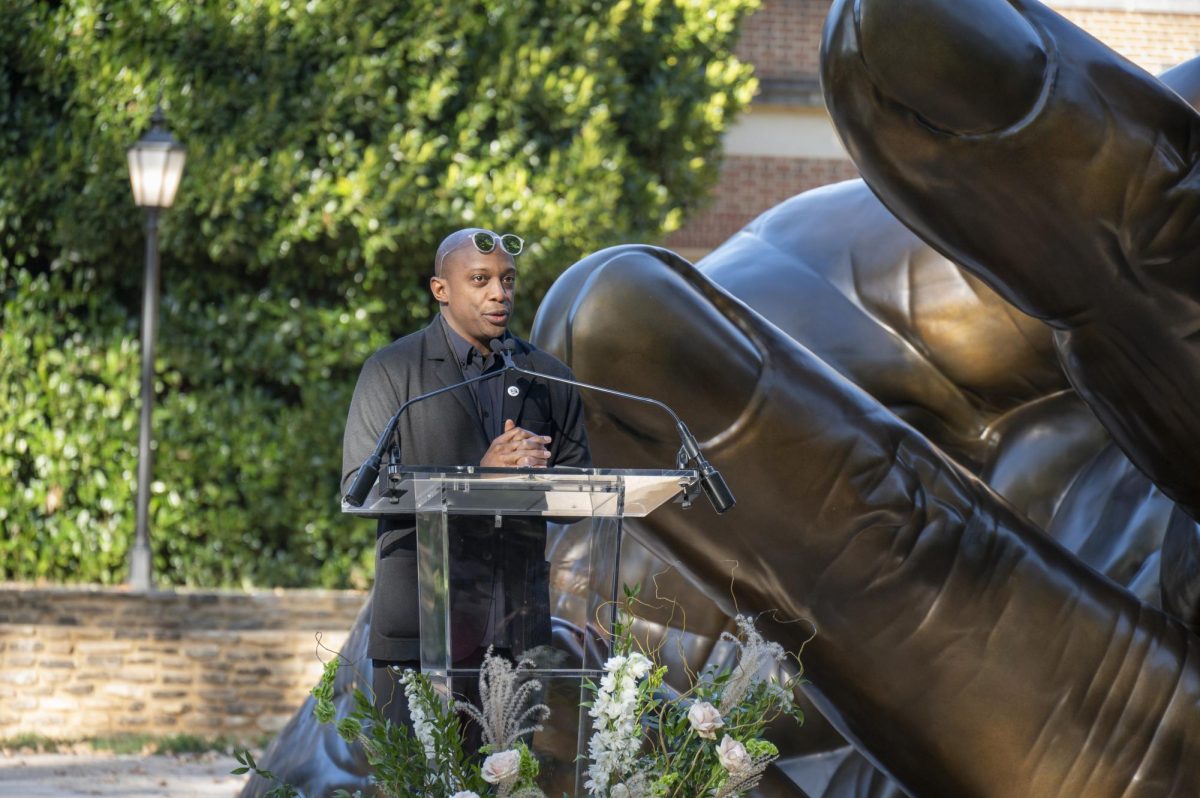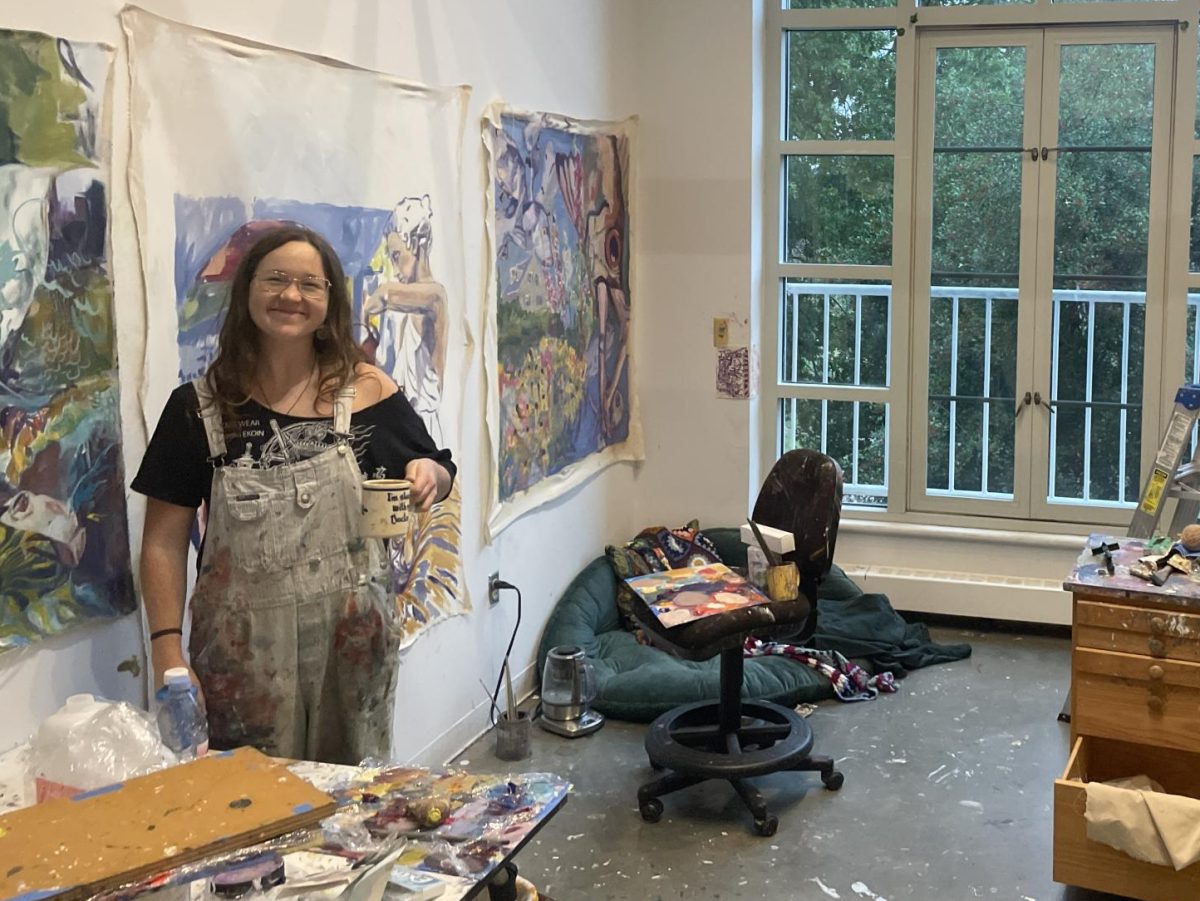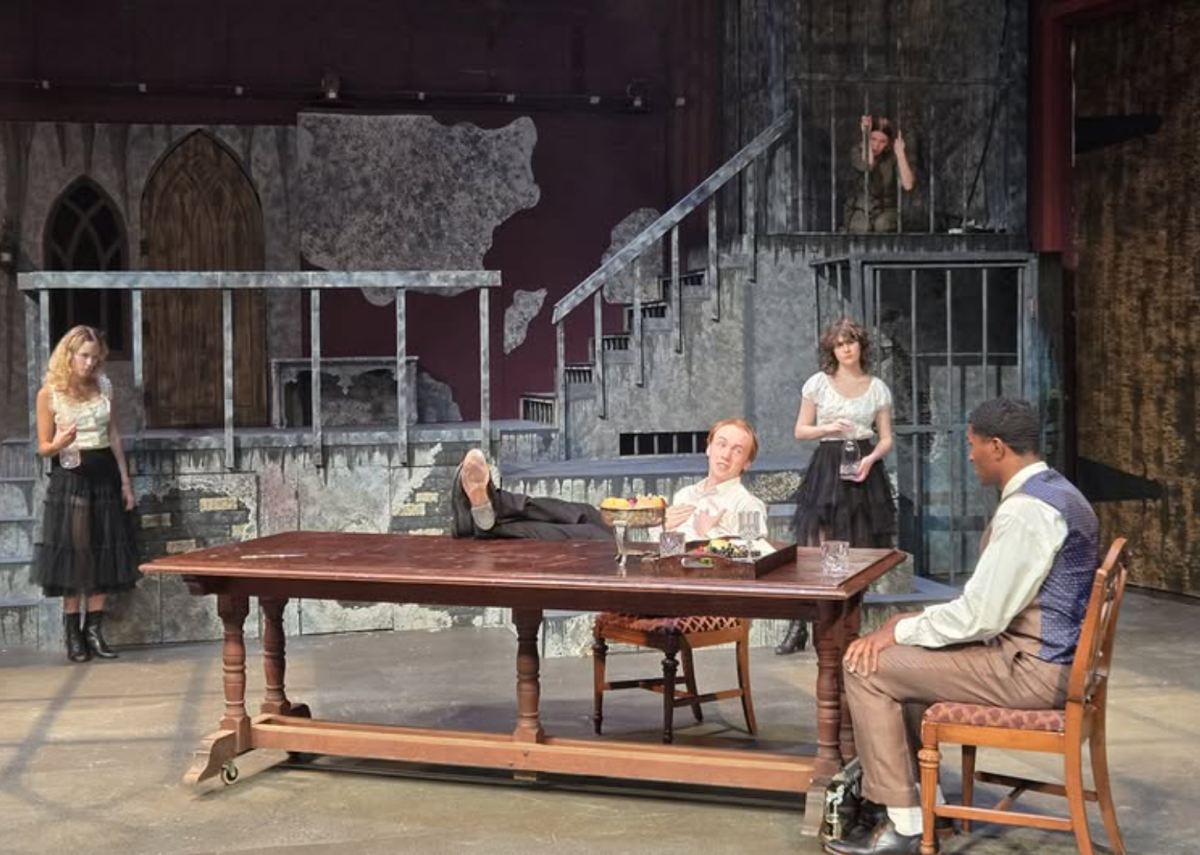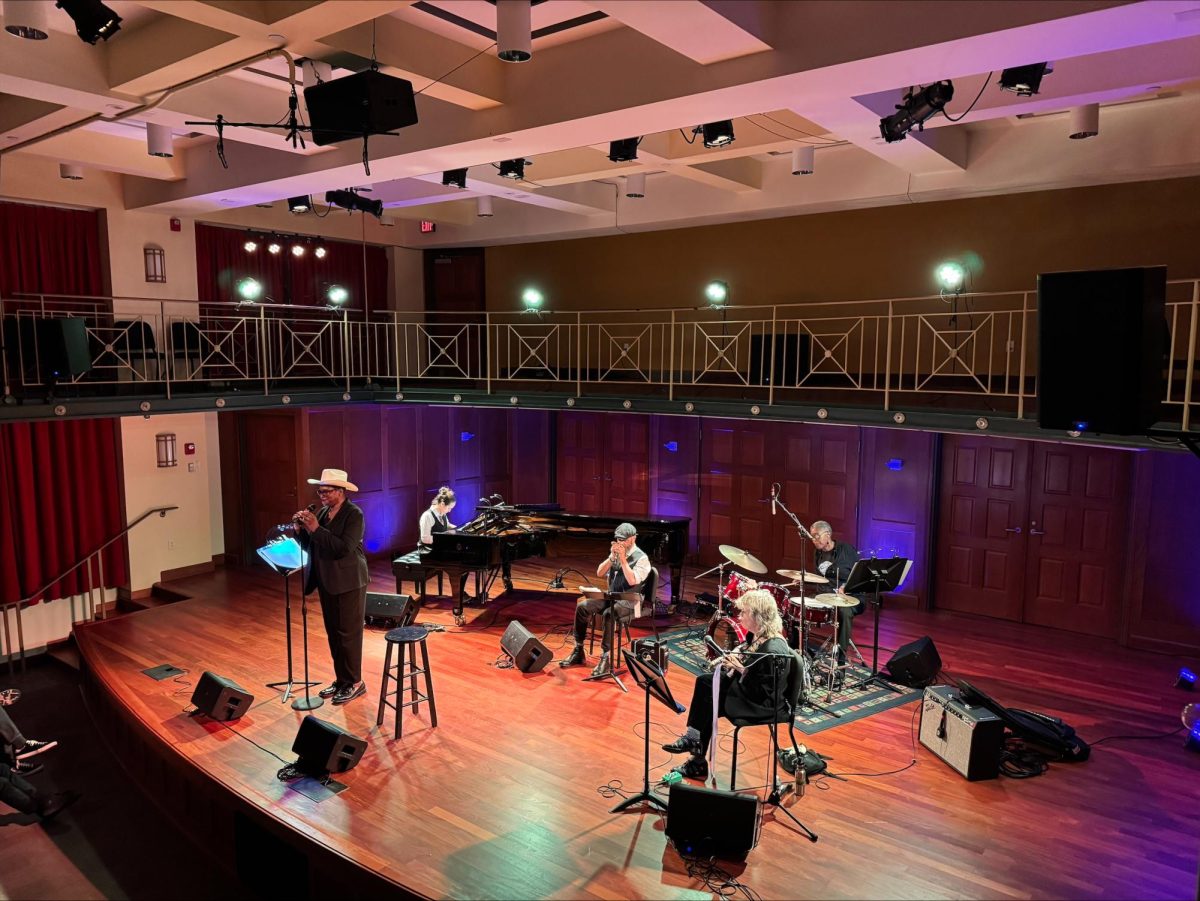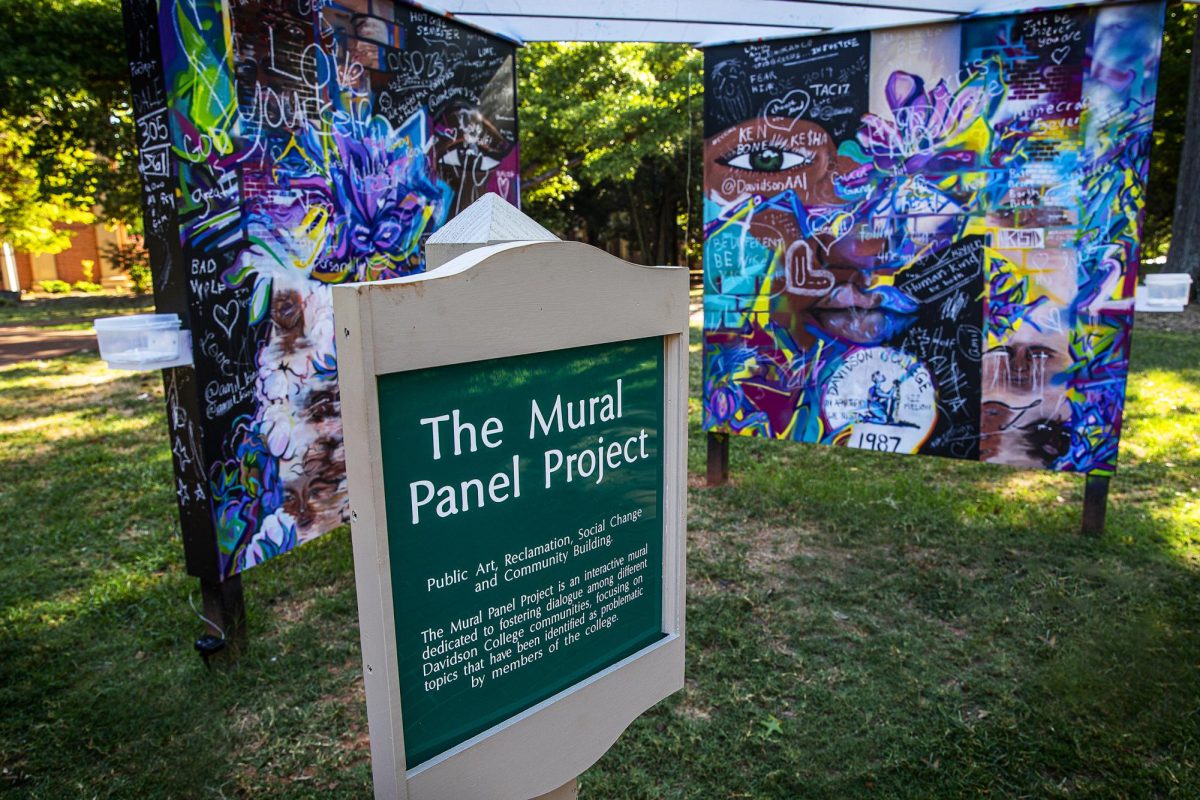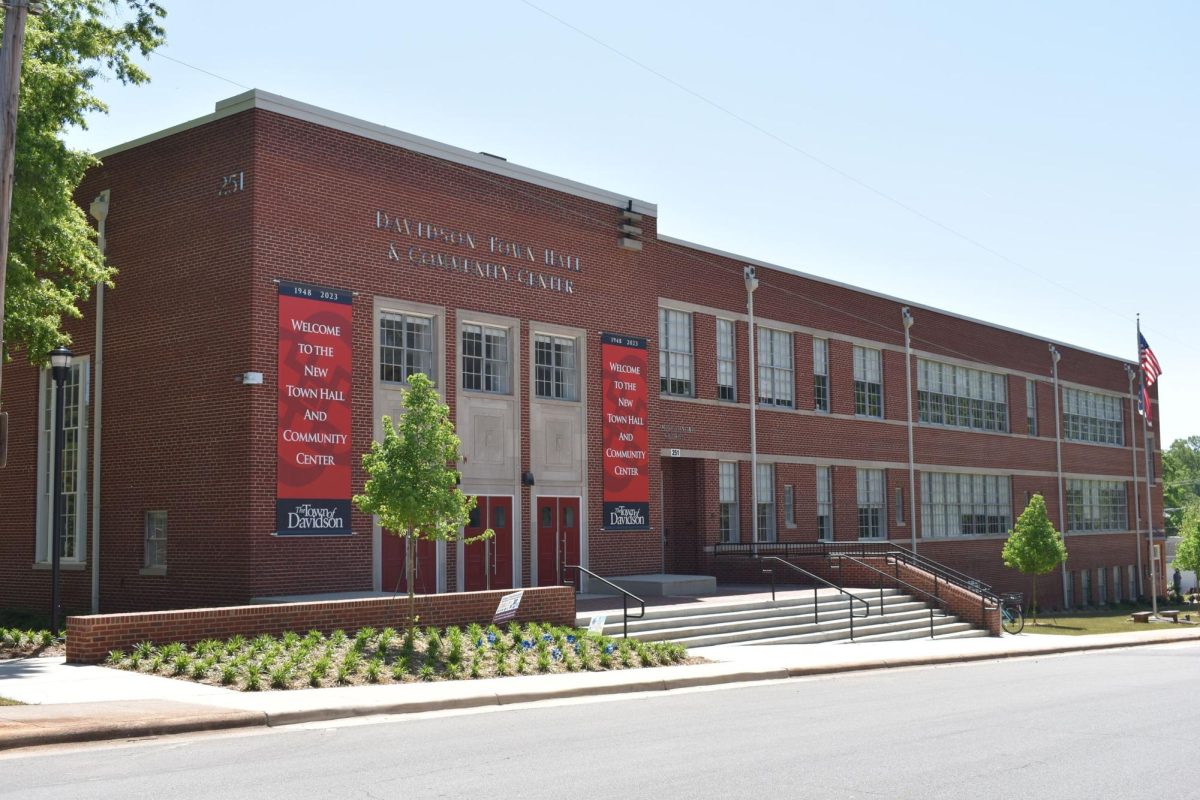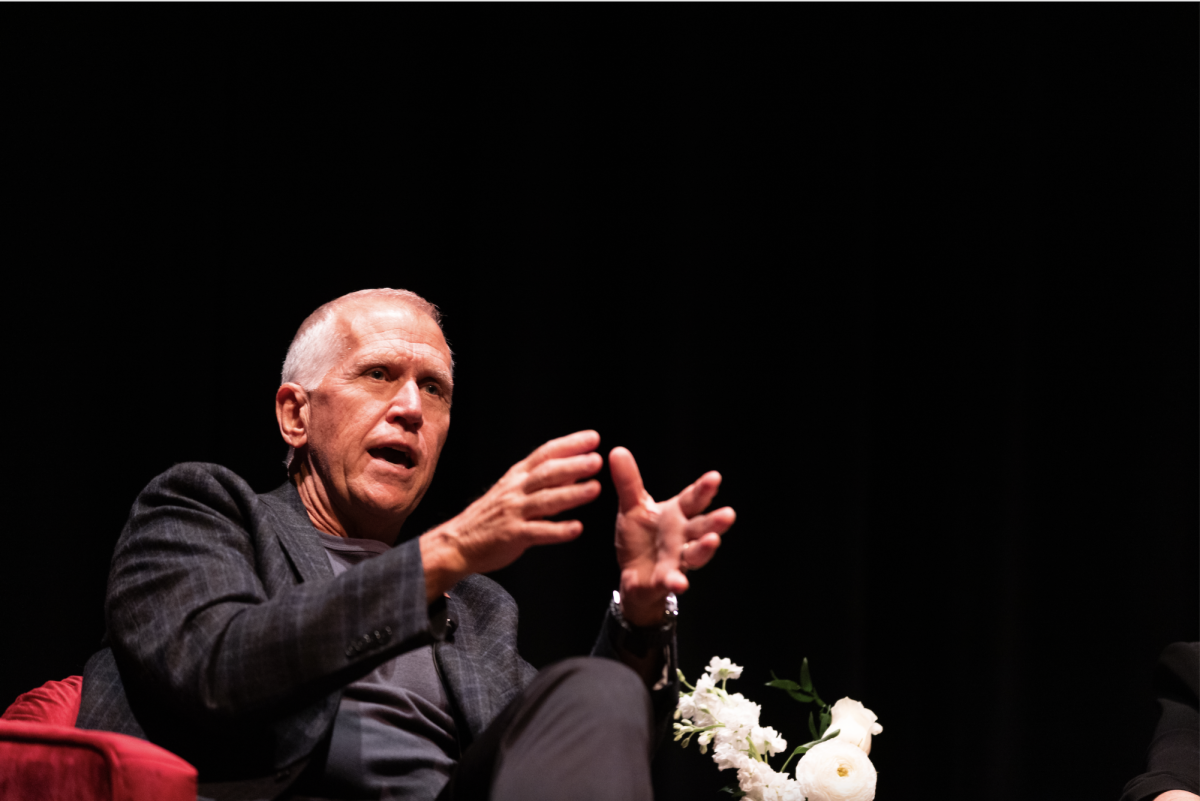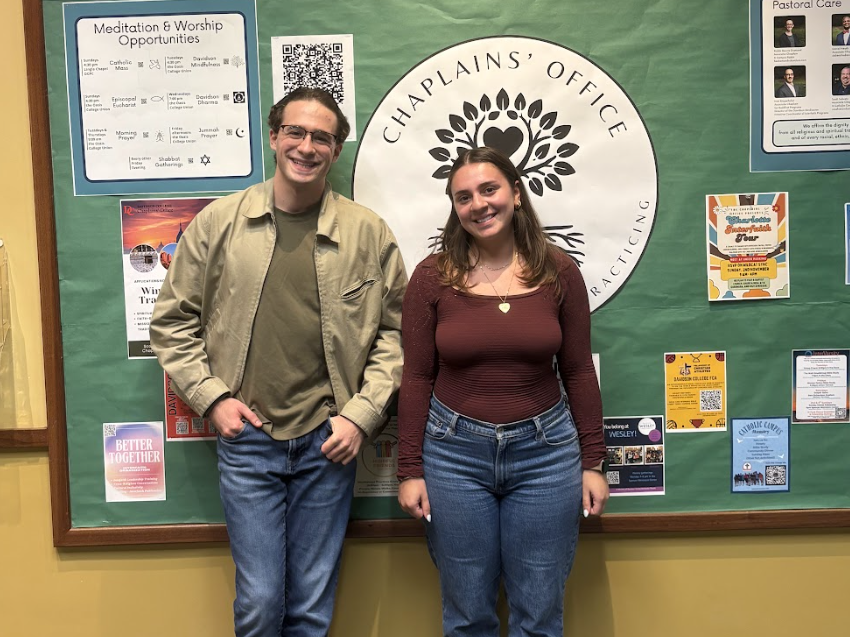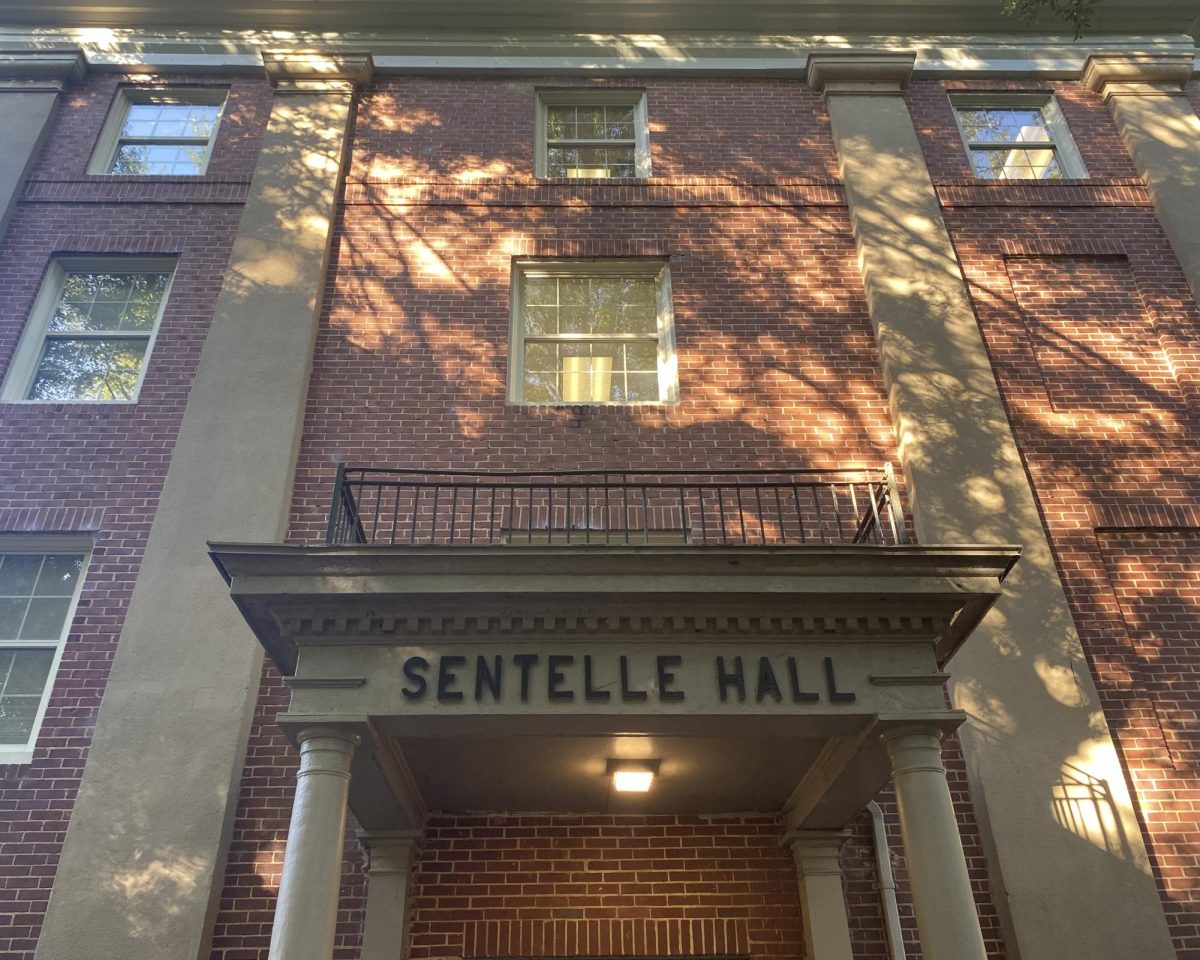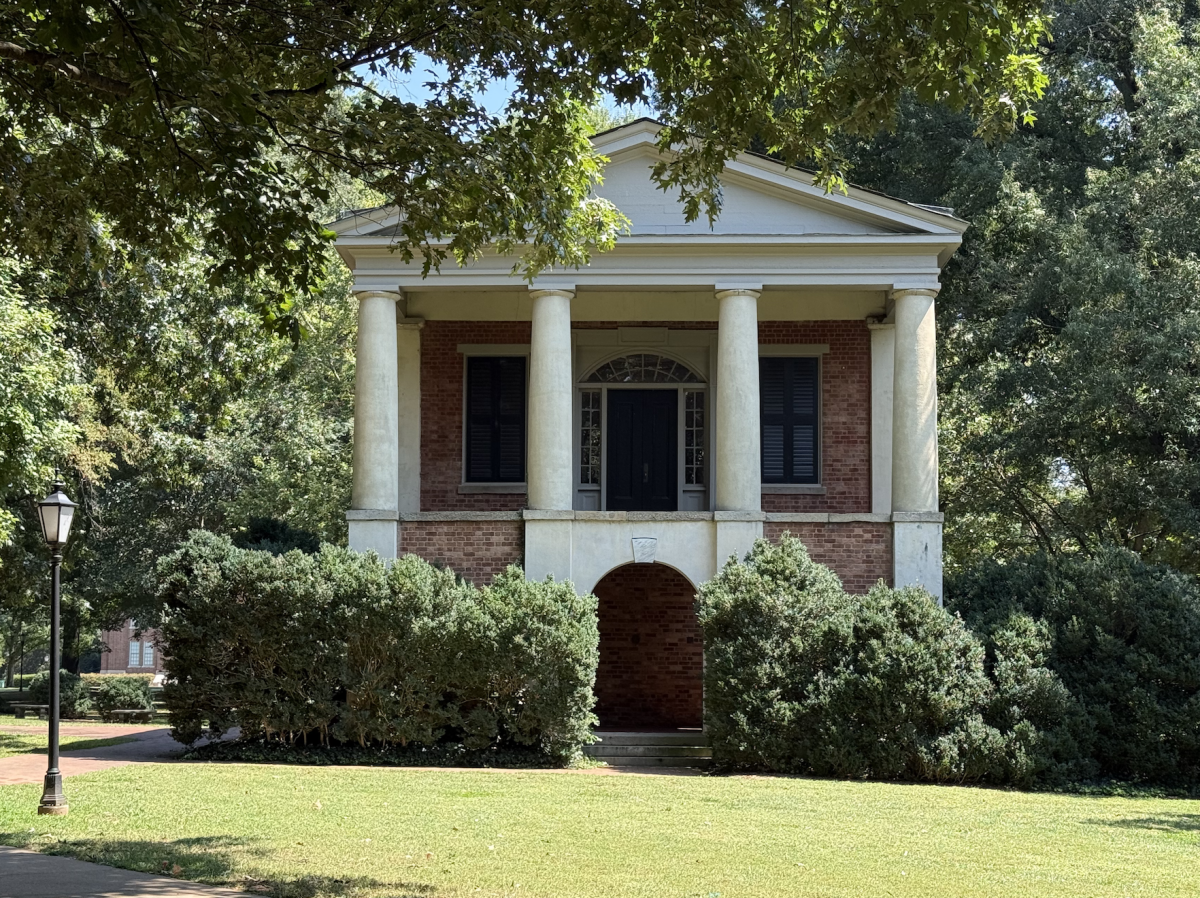The Institute for Public Good (IPG) at Davidson College is a new ‘umbrella’ organization committed to coordinating campus organizations to provide students tools and opportunities to positively impact the public good. The IPG was formally announced in an email by President Doug Hicks ‘90 on Aug. 19.
“The Institute for Public Good is about connecting our historic campus and our historic core values with the needs of the current society. It feels like everything is coming together at an important moment in a timely way,” Hicks said in an interview with The Davidsonian.
The creation of the IPG began with a strategic planning process two years ago. Planning groups identified challenges and opportunities for Davidson moving forward. From one group came the idea to create an institute of public good.
According to Director of IPG and Educational Studies Chair Chris Marsicano ‘10, the planning group recognized that there were several organizations at Davidson that were contributing to the overall public good, but, “they weren’t working with each other.”
“[There were] programs at the Center for Civic Engagement doing incredible work, and research happening at the College Crisis Initiative, but the research wasn’t informing the work, and the work wasn’t informing the research,” Marsicano said.
Marsicano and a group of ten others went to work creating a blueprint of the institute. One of the most difficult tasks this group faced was answering this question: what does Davidson define as public good? “We spent a good two to three months on this question. And it’s a hard question to ask,” Marsicano said.
After deliberation, the group determined that any organization forward the frontiers of knowledge; providing an education to the next generation; imbuing students with civic capacity and leadership; serving the community.
Once the question was answered, the IPG began taking organizations from different college focuses and, “integrat[ing] them into one big, unified organization,” according to Marsicano.
Stacy Riemer, who is currently the director for the Center for Civic Engagement, has also been named managing director of the IPG. She described the formation process as one that involved faculty, staff and students.
“A representative from the Honor Council participated on the IPG design team and the advisors to the honor council were interviewed several times. Members of both working groups consulted with leadership of the Deliberative Citizenship Initiative during the process. Similarly, members of the design team met with the leadership of the C2i to discuss its inclusion on the IPG and to learn from the framework of that program.”
The IPG will consist of five program areas: civic engagement, deliberation and free expression, public policy and research, arts in public life and ethics, honor and leadership. According to Riemer, some are ready to launch. Professor Graham Bullock, Director of the Deliberative Citizenship Initiative, is excited about how the programs can support one another.
“With its emphasis on ethical leadership, freedom of expression, and civic engagement, [the IPG] can enable creative, innovative, and thoughtful projects from across the political spectrum to come to fruition on campus,” Bullock said. “Constructive, well-designed deliberation across social and political divides is a necessary foundation for any effort to advance the public good.”
The IPG’s offices will be based out of Eumenean and Philanthropic Halls, due to their significance as halls of debate. These buildings will undergo renovations as part of the new institute. Full renovations are expected to be completed in two years.
“The construction of Phi and Eu will be done with the utmost respect for the land and the landscaping around With These Hands, and we won’t interrupt that area that’s being created [now],” Hicks said.
One of the core values that the IPG will embody, according to Hicks, is a double down of the commitment to the honor code. Honor Council Chair Maggie Woodward ‘26 is excited for the support the institute will provide the Honor Council.
“Having someone or something in our corner, like a physical institution, was really exciting to hear,” Woodward said. She is also excited about the opportunities that the IPG will present to Davidson students. “I’m always excited to hear when there’s new resources available. In this particular political climate, [a resource] that’s so engaged in public policy and giving students a voice and access to leadership, was really exciting to hear [about]. Especially one that’s going to open doors for students,” Woodward said.
As IPG begins to become a permanent fixture, more services and opportunities will be made available and clear to students.
“The primary function of the Institute for Public Good is to support student development in all forms,” Marsicano said. “There is no universe in which students will not be part of the governance of the Institute for Public Good. The design group’s report calls for an executive board to serve as the leadership of the IPG, and an advisory board to provide additional support and idea making. It is my intention as director to make sure there are students on both of those boards.”

